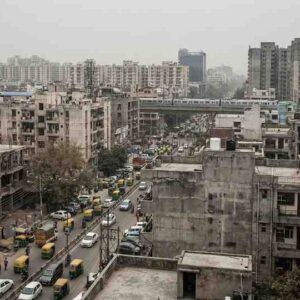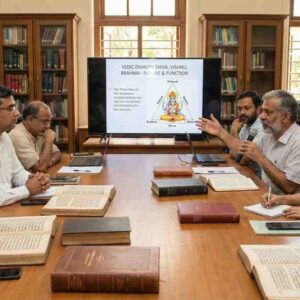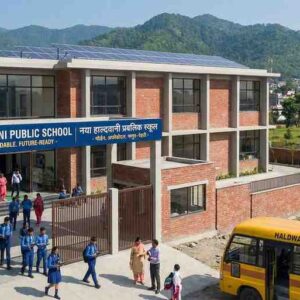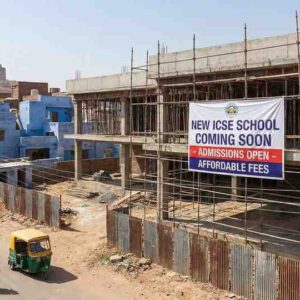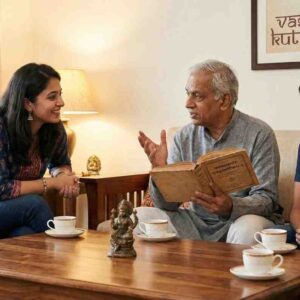New Delhi– Education, the cornerstone of any thriving democracy, plays a vital role in shaping informed citizens who contribute to the nation’s progress. In India, the world’s largest democracy, the intersection of education and democratic principles is of paramount importance. By fostering critical thinking, inclusivity, and civic awareness, education strengthens the democratic fabric of the country. However, challenges such as unequal access, outdated curricula, and political interference hinder its potential.
Education as a Pillar of Democracy
Education equips individuals with the tools to participate actively and responsibly in democratic processes.
- Fostering Informed Citizens
- A robust education system ensures that citizens understand their rights and duties. Programs like the National Literacy Mission have significantly improved literacy rates, with India reaching 77.7% literacy in 2022, according to National Statistical Office (NSO) data.
- Civic education in schools instills values of equality, justice, and secularism, aligning with the democratic ethos enshrined in the Constitution.
- Encouraging Critical Thinking
- Education helps citizens analyze policies and question authority, fostering a culture of accountability.
- Initiatives like the Samagra Shiksha Abhiyan focus on holistic development, aiming to create critical and engaged thinkers.
Challenges in Realizing Education’s Democratic Potential
Despite its significance, education in India faces several obstacles that impede its ability to fully support democracy.
- Unequal Access
- Rural areas and marginalized communities often lack access to quality education. According to a 2023 report by UNESCO, 6 million children in India remain out of school, highlighting disparities in access.
- Gender inequality also persists, with female literacy rates lagging behind males at 70.3% compared to 84.7%.
- Outdated Curricula
- Textbooks often fail to address contemporary challenges, focusing on rote learning rather than critical engagement.
- A World Bank study in 2022 emphasized the need for curriculum reforms to include discussions on environmental challenges, human rights, and digital literacy.
- Political Interference
- The politicization of education has led to biased narratives in history and social science textbooks. Critics argue that such distortions compromise the democratic values of objectivity and inclusivity.
Education as an Agent of Social Change
Education has the power to bridge divides and empower marginalized communities, reinforcing the principles of equality and justice.
- Bridging Social Gaps
- Programs like the Mid-Day Meal Scheme have improved school enrollment and nutrition among underprivileged children, fostering social inclusivity.
- Youth Empowerment
- Initiatives such as Skill India and PM Kaushal Vikas Yojana equip young people with the skills to contribute meaningfully to the economy and society, ensuring their active participation in democratic processes.
A Vision for the Future: Strengthening Education for Democracy
- Curriculum Overhaul
- Incorporating subjects like constitutional rights, climate change, and digital citizenship can prepare students for modern challenges.
- Promoting Accessibility
- Expanding schemes like Eklavya Model Residential Schools can ensure that tribal and rural communities receive quality education.
- Integrating Technology
- Leveraging digital tools can bridge gaps in access and provide interactive learning experiences for all, as demonstrated by initiatives like DIKSHA (Digital Infrastructure for Knowledge Sharing).
Conclusion
Education is not merely a pathway to personal success—it is the bedrock of a functioning democracy. By empowering citizens with knowledge, fostering inclusivity, and promoting critical thinking, education ensures that democratic values are not just ideals but lived realities.
India’s democratic future depends on its ability to prioritize education as a tool for empowerment and social change. As the nation grapples with rapid transformation, investing in education will be its most enduring commitment to democracy.

